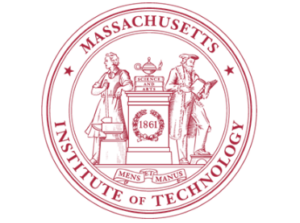Enhancing Graduate Education in Systems Thinking and Multi-Stakeholder Design through a Co-Creation Toolkit
Major global challenges often require convergent, inclusive approaches that involve science, technology, engineering and mathematics (STEM) professionals. Training students to work with multiple stakeholders, such as non-profit organizations and local populations could better prepare them to address problems that involve multiple disciplines or perspectives. For example, humanitarian organizations are engaging both STEM professionals and members of affected populations to design innovative interventions for refugee relief and response. The Massachusetts Institute of Technology (MIT) trained STEM graduate students to adopt more collaborative and inclusive approaches to problem-solving within the humanitarian response context. MIT D-Lab, which focused on Development through Discovery, Design and Dissemination, expanded its contributions to the humanitarian relief sector through a novel approach to teaching graduate-level design and systems thinking courses.
The goal was to train future STEM leaders to incorporate a more inclusive and participatory approach to problem solving. MIT D-Lab developed, piloted, and evaluated a multi-week module on how to effectively facilitate co-creative design sessions that include both humanitarian organizations and affected populations on the design team throughout the entire process. While the module was developed and tested within the context of D-Labs humanitarian efforts, it had applications in many other settings, both in academia and in the field.
The long-term goal of this initiative is to move leaders in STEM fields — both at MIT and around the globe — toward a more collaborative and inclusive approach to problem-solving.

